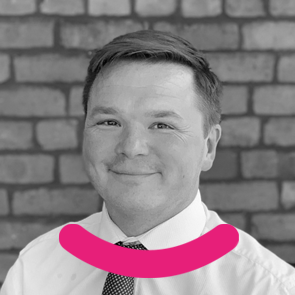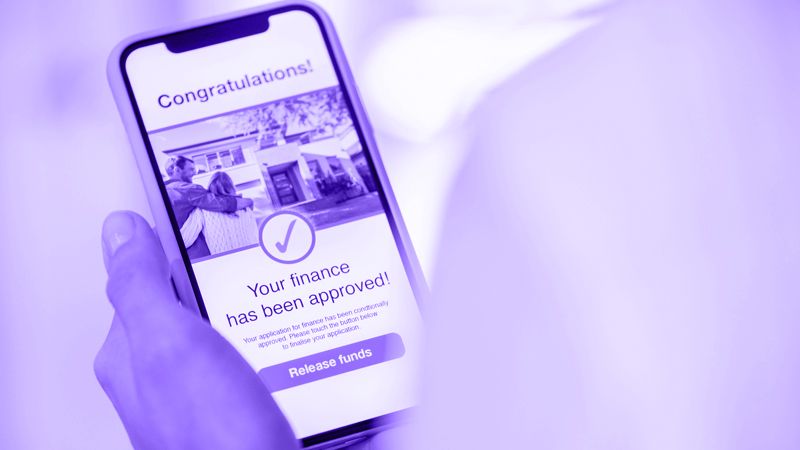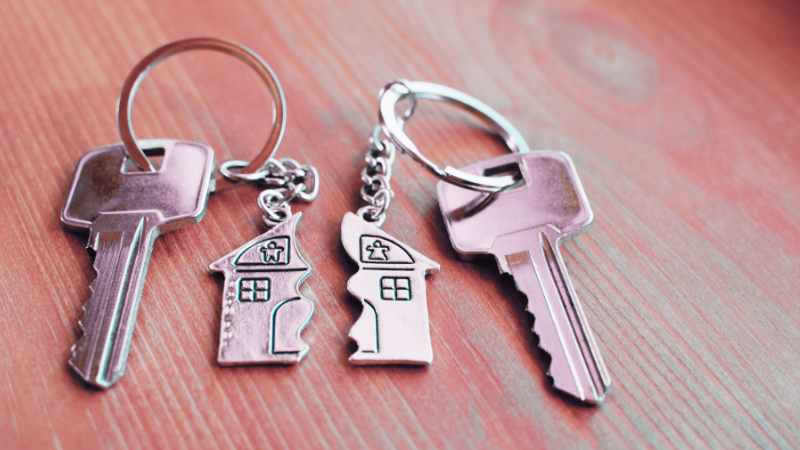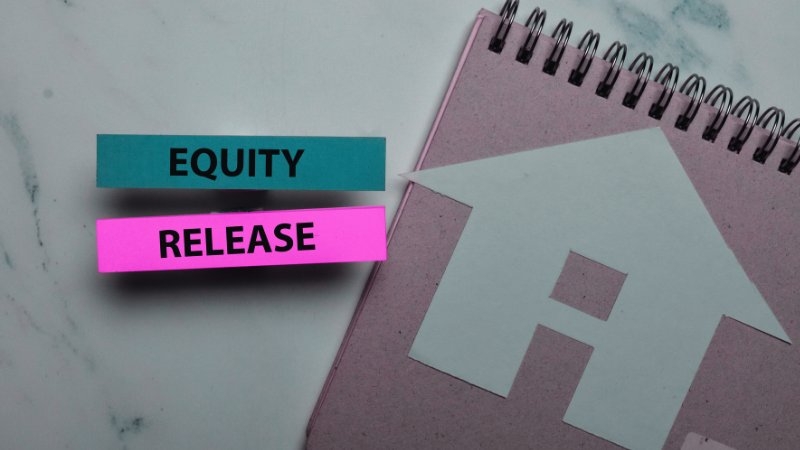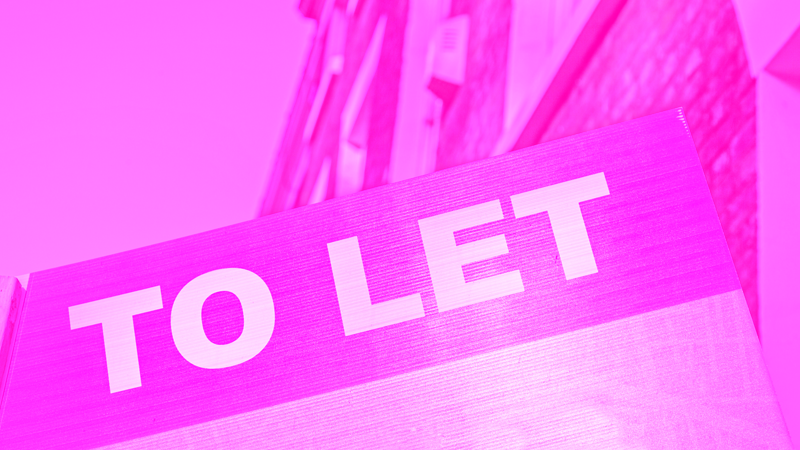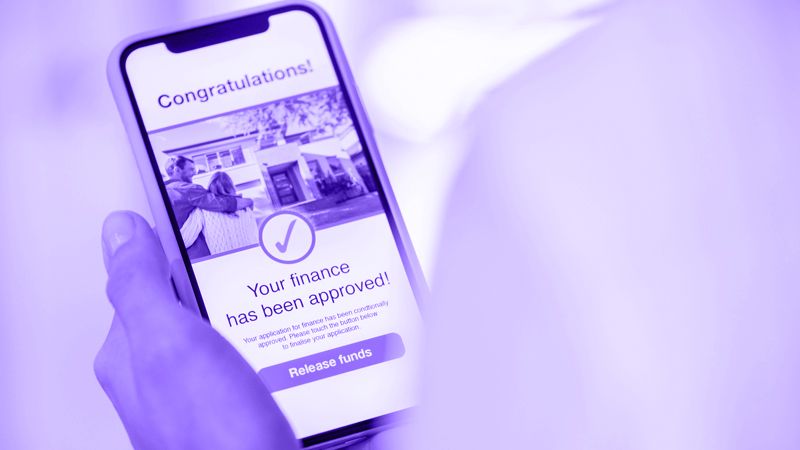You can save hundreds or even thousands of pounds in interest and have more monthly cash by paying off your mortgage early.
You’ll own your home outright sooner and no longer have mortgage payments hanging over your head.
However, paying your mortgage off early isn’t always a good idea and may not be suitable for everyone.
If you’re wondering, is it worth paying off a mortgage early?
Here are some benefits and drawbacks of paying your mortgage off early to help you decide whether it’s a suitable option and some considerations when paying off your mortgage early.
Pros of Paying Off Your Mortgage Early
Interest Savings
Saving money on interest is one of the main reasons for paying off your mortgage early.
Mortgage interest rates are usually higher than other interest rates, and you can save thousands of pounds depending on how early you pay off your mortgage.
Some money goes towards your interest each month you make a mortgage payment, so you’ll pay less if you make fewer payments.
Own Your Home Sooner
Paying your mortgage off early allows you to own your home outright sooner, so you don’t have to worry about a change in circumstances in the future.
You’ll have peace of mind knowing that even if you hit a rough financial patch, you’ll not risk foreclosure and losing your home because you can’t keep up with monthly mortgage payments.
With full ownership, you can do whatever you want with your home without asking the mortgage provider for permission, such as renting it out or transferring ownership.
Eliminate Monthly Payments
Paying your mortgage off early eliminates monthly payments and frees up your cash flow.
You’ll have extra funds to put toward other things and achieve a better work/life balance since you don’t have to worry about bringing in a substantial monthly income to cover all your outgoings.
You can free up a sizable chunk and have it, invest, or use it for other expenses.
Building Equity
You’ll build equity in your home more quickly by paying off your mortgage early.
You can easily qualify for refinancing with more equity and leverage it in other loans, saving you more money in the long run through lower rates and monthly payments.
You can quickly get financing to make home improvements and increase the value of your property or pay off other debts.
Cons of Paying Your Mortgage Off Early
Opportunity Costs
You’ll likely need a significant amount to pay off your mortgage early, meaning you can’t use the funds for other financial goals.
You may be paying off your mortgage early at the expense of other higher-return opportunities, an emergency fund, or savings for retirement.
Loss of Tax Breaks
When making mortgage payments, you can lower your taxable income by claiming the amount you pay on your mortgage interest.
Paying your mortgage off early means you lose such perks and any possible tax savings.
You Tie Up Your Wealth
Since your home is illiquid, you’ll tie up a significant chunk of your money and can’t quickly or easily convert it to cash.
If you get an investment opportunity or face a financial emergency, you may need to sell your house, which can take a while since you must wait until a buyer is available and the sale is closed.
Is it Worth Paying Off A Mortgage Early?
Here are a few factors to consider to determine whether paying your mortgage off early is a worthwhile option for you:
Will You Be Charged for Paying Off Your Mortgage Early?
An early repayment charge (ERC) may apply if you pay off your mortgage early or overpay over the agreed monthly limit.
Lenders make money by charging interest on a loan, and they’ll lose money when you pay off your mortgage early.
They set up an ERC or exit fee to compensate for lost profits, especially if you’re not on the lender’s standard variable rate (SVR).
The ERC usually equals a certain percentage of the mortgage loan amount or a certain number of monthly interest payments.
Most lenders only allow you to overpay up to 10% yearly without penalties. The first thing to consider is how much it will cost before paying off your mortgage early.
You may end up paying the interest you would have paid or losing more money in hefty fees, so consult your mortgage provider and contract before proceeding.
Do You Have More Expensive Outstanding Debts?
It’s wiser to focus on paying off higher-interest, expensive debts before paying your mortgage off early.
Expensive debts charging higher interest rates cost a lot to pay off over time compared to your mortgage, meaning it can work in your favour to pay them off first if you have the cash.
Do You Have an Emergency Fund?
Ensure you have a robust emergency fund before paying off your mortgage early with all the funds you have.
Throwing every extra penny at your mortgage can get you out of that particular debt, but it can put you in a tricky situation if you don’t have anything set aside for emergencies.
If you face an unexpected bill or medical costs or find yourself out of work for a few months and haven’t put anything aside, you may need to borrow or take out credit cards to cover your bills.
Before considering paying your mortgage off early, set aside an emergency fund to keep you going for at least three months in case anything happens.
Do You Have a Pension Scheme?
Is it worth paying off a mortgage early or setting yourself up for the best financial position later in life?
If you don’t have a pension scheme or are only making minimum contributions on the one you have, putting more money towards the pension is a better idea than paying off your mortgage early.
A pension is a tax-efficient way to save money and secure your life financially after retirement.
Your employer and the government will also increase your contributions, and you’ll benefit from tax relief.
Should I Pay My Mortgage Off Early? Final Thoughts
So, is it worth paying off a mortgage early?
What’s best for you will ultimately come down to your situation, personal goals and how much money you have to spare.
Consider all your options and consult a financial advisor if you’re unsure of the best course of action.
Call us today on 03330 90 60 30 or contact us. One of our advisors can talk through all of your options with you.

